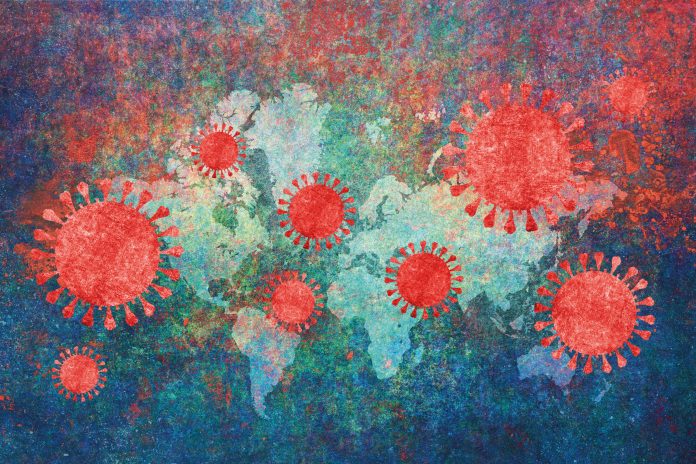
People with obesity have a higher risk of contracting SARS-CoV-2, according to a new study led by researchers at Brigham and Women’s Hospital and Harvard Medical School. They used electronic medical record data on over 70,000 patients from their own hospital system.
Obesity is known to predict worse outcomes and higher mortality for those with COVID-19, but these researchers looked at the link between obesity with risk of infection.
Their paper was published in PNAS Nexus.The first author is Joan T. Matamalas.
According to the study authors, these findings could help communities determine how to distribute resources toward individuals at higher risk for SARS-CoV-2 infection, which causes COVID-19.
This disease is still a big public health problem. Since 2020, more than 104 million people have developed COVID-19 in the U.S. alone and over 1.1 million have died from it.
Previous studies have described the clinical spectrum of COVID-19, from asymptomatic to mildly symptomatic (with fever, cough, and fatigue) and finally in critical cases leading to severe acute respiratory syndrome (SARS) and death. Pre-existing conditions, such as type 2 diabetes mellitus, hypertension, obesity, and other cardiovascular disease increase the risk of severe symptoms.
The link between obesity and severe COVID-19 symptoms is well known. An early report of 5,700 COVID-19 patients in New York City showed that 41.7% of hospitalized patients with obesity, and a later meta-analysis showed a correlation between obesity and COVID-19 mortality.
The reason for this link is possibly that obesity and COVID-19 share similar inflammatory processes, which may aggravate the infection. It’s also thought that obesity with COVID-19 could contribute to higher mortality because patients with obesity have difficulty with airway management.
However, the effect of obesity on susceptibility to SARS-CoV-2 infection is still unclear. This study’s senior author, Masanori Aikawa, and colleagues sought to determine if obesity affects likelihood of catching the virus in the first place. They analyzed electronic medical records for 687,813 patients from the Mass General Brigham healthcare system. These included 72,613 individuals with suspected SARS-CoV-2 exposure, 18,447 of whom tested positive.
The authors limited their data from before vaccination became widespread in Massachusetts, to avoid the possible confounding factor of variable vaccine response. They compared the likelihood of testing positive upon suspected exposure for individuals with obesity with that of individuals without obesity.
They found significantly increased susceptibility in individuals with obesity, with 34% higher odds of SARS-CoV-2 positivity. This pattern held across ages and sexes.
As these authors write, “Identification of intrinsic factors, which increase the likelihood of exposed individuals succumbing to productive SARS-CoV-2 infection could help plan mitigation efforts to curb the illness.”
Further, they add, “Obesity in younger demographics has been alarmingly increasing in recent years and is projected to reach nearly 50% prevalence by 2030. Our identification of obesity across all age groups, races, and sexes within Massachusetts warrants subsequent analysis in other cohorts to detect susceptible populations that could contribute to the spread of the disease.”













